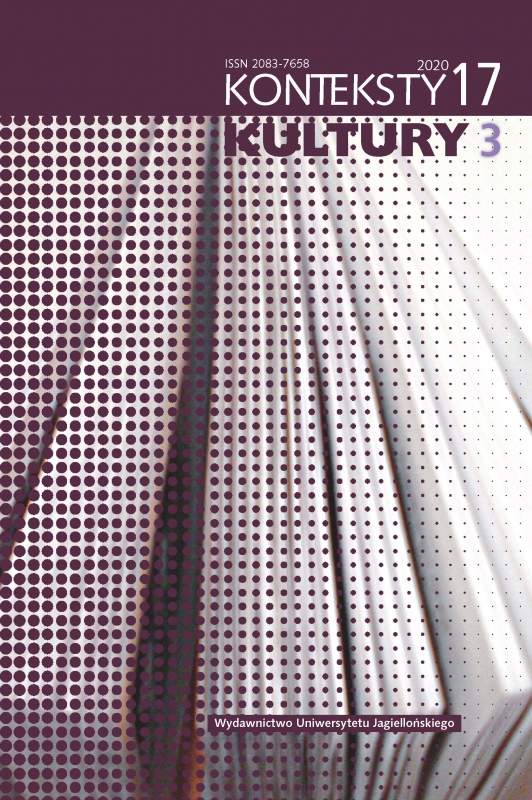Strzały zatrutego powietrza „na ludzie i na każdą rzecz”. Wczesnonowożytne kształtowanie doświadczenia zarazy
Arrows of Poisoned Air for the “People and All That Lives:” Shaping the Epidemic Experience in the Early Modern Era
Author(s): Andrzej Tadeusz StaniszewskiSubject(s): Language and Literature Studies, Studies of Literature
Published by: Wydawnictwo Uniwersytetu Jagiellońskiego
Keywords: 16th century; 17th century; early modern Europe; early modern Poland; equality; epidemic; medieval and early modern medicine; plague; plague arrows; religion; XVI wiek; XVII wiek; dżuma; epidemia; rel
Summary/Abstract: The paper offers a brief overview of the ways in which both early modern medical knowledge and religious culture interpreted and shaped the experience of the pestilence. The first part of the text presents medieval and early modern medical theories on the origins and spread of the plague and other infectious diseases. The second part of the text discusses how the idea of airborne plague shaped the image of pestilence as not only a universal bane but also a somehow egalitarian experience. It also summarises the theories on the astrological origin of the disease, which were widespread in the early modern period. The third part of the text explores to what extent the early modern experience of the plague was truly egalitarian. The author points out that although the plague was commonplace at that time, the foundational inequality of the early modern society effectively differentiated the experience of the disease for its various members. The subsequent part of the text analyses how the process of ascribing a moral – and, specifically, religious – dimension to the plague and all the suffering it caused promoted acceptance of this state of affairs in the early modern society. The concluding part of the text discusses how the concept of the plague arrow served as a tool for the individualization of the experience of the disease and its consequences, which on the one hand provided some relief to the affected and helped rationalize the destruction brought to the world by the plague, but on the other successfully proscribed any potential attempts to reimagine the social order in the wake of such a disastrous experience.
Journal: Konteksty Kultury
- Issue Year: 17/2020
- Issue No: 3
- Page Range: 255-272
- Page Count: 18
- Language: Polish

